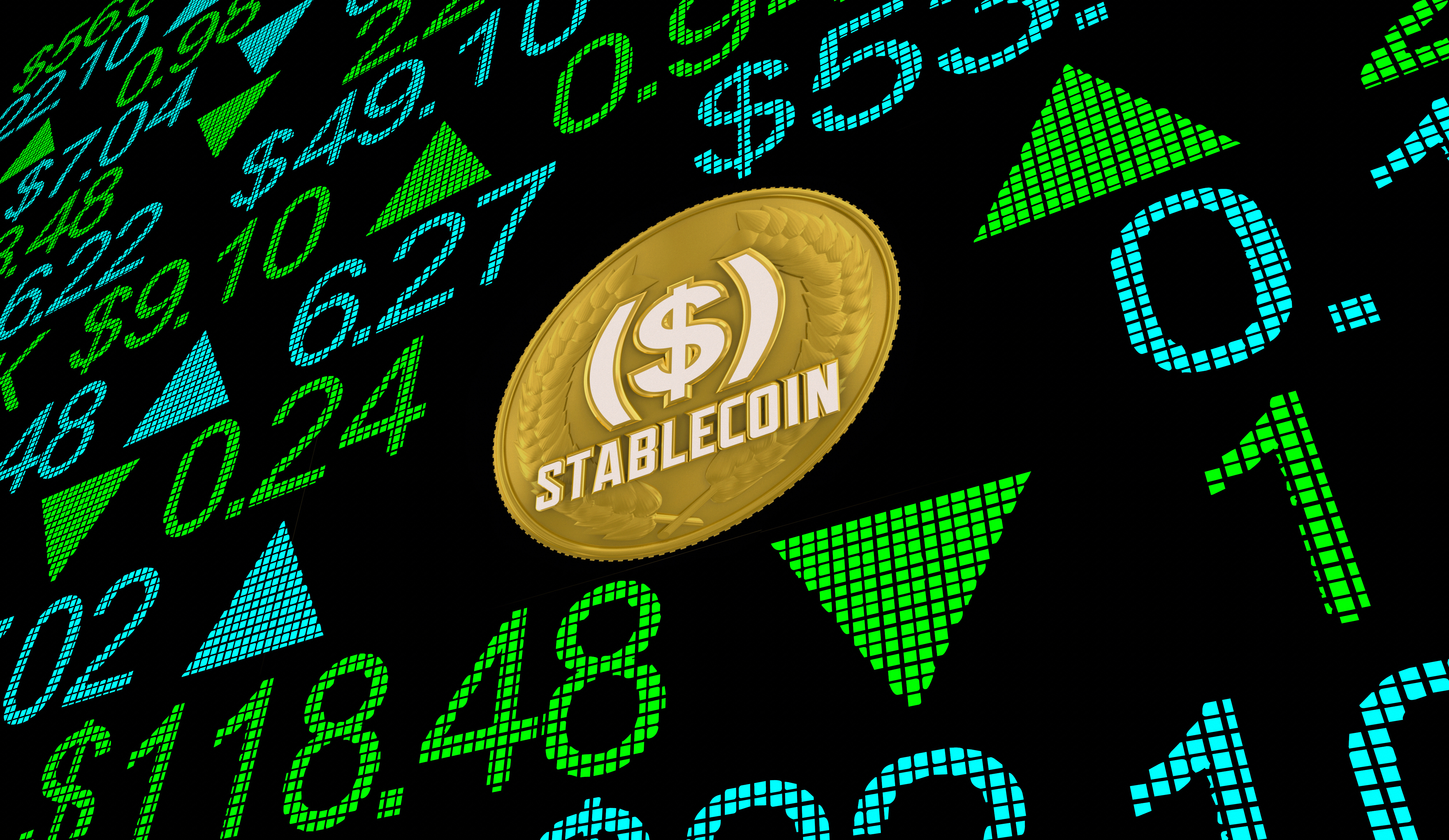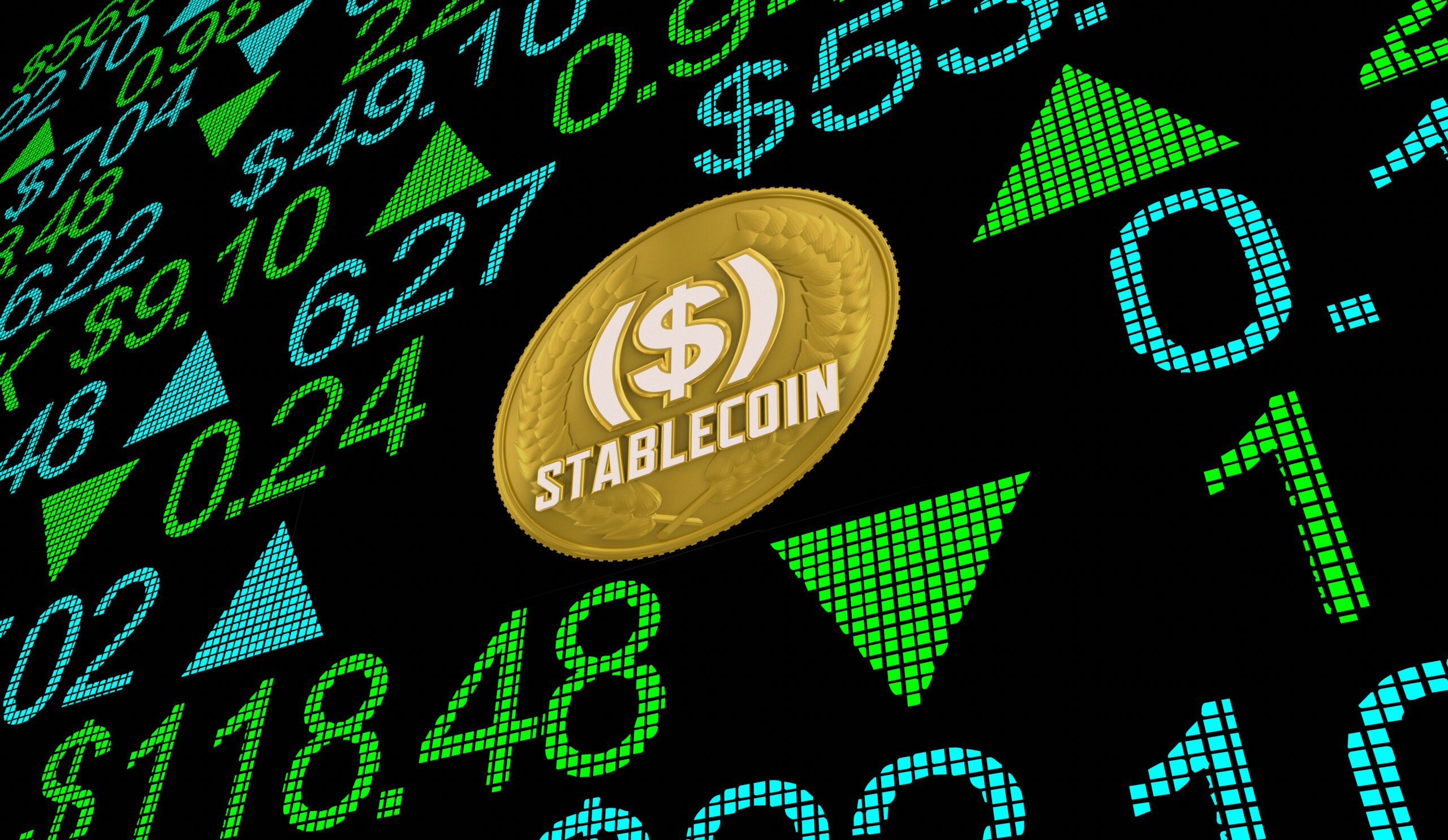Stablecoins Surpass Mastercard and PayPal in Transaction Volume While U.S. Fails to Maintain Leadership


In 2022 stablecoins have eclipsed both Mastercard and PayPal in transaction volume, reaching an impressive sum of nearly $6.87 trillion last year. Despite their critical role in the crypto economy, however, the United States is falling behind in stablecoin policy and global competitiveness.
According to the Head of North America Policy at Chainalysis Jason Somensatto, about 60% of all stablecoin activity is now controlled by non-U.S. entities, suggesting a sharp decline in American influence over this growing sector.
A Shift Away from U.S. Influence
Stablecoins are proving essential to the cryptocurrency market, accounting for roughly 40% of all transactions on blockchain networks. This share has not been enough to motivate the United States to create a more competitive regulatory environment, however.
Just a year ago, U.S.-based regulated companies were more actively involved, but recent trends indicate that this activity is shifting overseas. According to 2023 Geography of Cryptocurrency Report the majority of stablecoin transactions now occur through non-U.S. licensed services among the top 50 exchanges.
The Consequences of Regulatory Inaction
Somensatto emphasizes the importance of well-structured regulation for the stablecoin sector, particularly in terms of global and national security. For instance, the United States risks losing its ability to enforce critical measures around anti-money laundering and countering the financing of terrorism.
In addition to security concerns, Somensatto argues that the United States faces economic repercussions if it continues to neglect the stablecoin sector. An uncompetitive regulatory environment could stymie the growth of businesses.
The U.S. could also miss the opportunity to reduce costs for consumers and lower borrowing costs for the government. Finally, by failing to establish a dominant role in the stablecoin market, the United States could also lose the advantages it currently enjoys from the dollar’s central role in international trade and finance.
A novel legislative effort, the Clarity for Payment Stablecoins Act, could serve as a promising approach to stablecoin regulation. This proposed legislation would set standards for reserve assets, empower the Federal Reserve to conduct oversight, and mandate regular disclosures to consumers.
Stablecoins: Unique Risks and Rewards
Stablecoins are fundamentally different from traditional payment methods due to their public blockchain network operation. Somensatto argues that stablecoins are neither riskier nor safer than traditional payment forms but do present unique risks and advantages.
While traditional banks are more difficult for regulators to supervise due to complex systemic risks, the fully-backed nature of stablecoins simplifies this process.
However, the same technology that simplifies oversight also presents new operational risks, indicating the need for specially tailored regulatory models.
In summary, while stablecoins have seen an explosion in transaction volume, surpassing even financial giants like Mastercard and PayPal, the United States is not keeping pace with this innovation in terms of policy and regulation.
With major economic and security implications at stake, this lack of action is concerning. The question now is whether the United States will adapt its crypto regulation strategy to fully leverage the potential of stablecoins in both the domestic and global financial systems.




